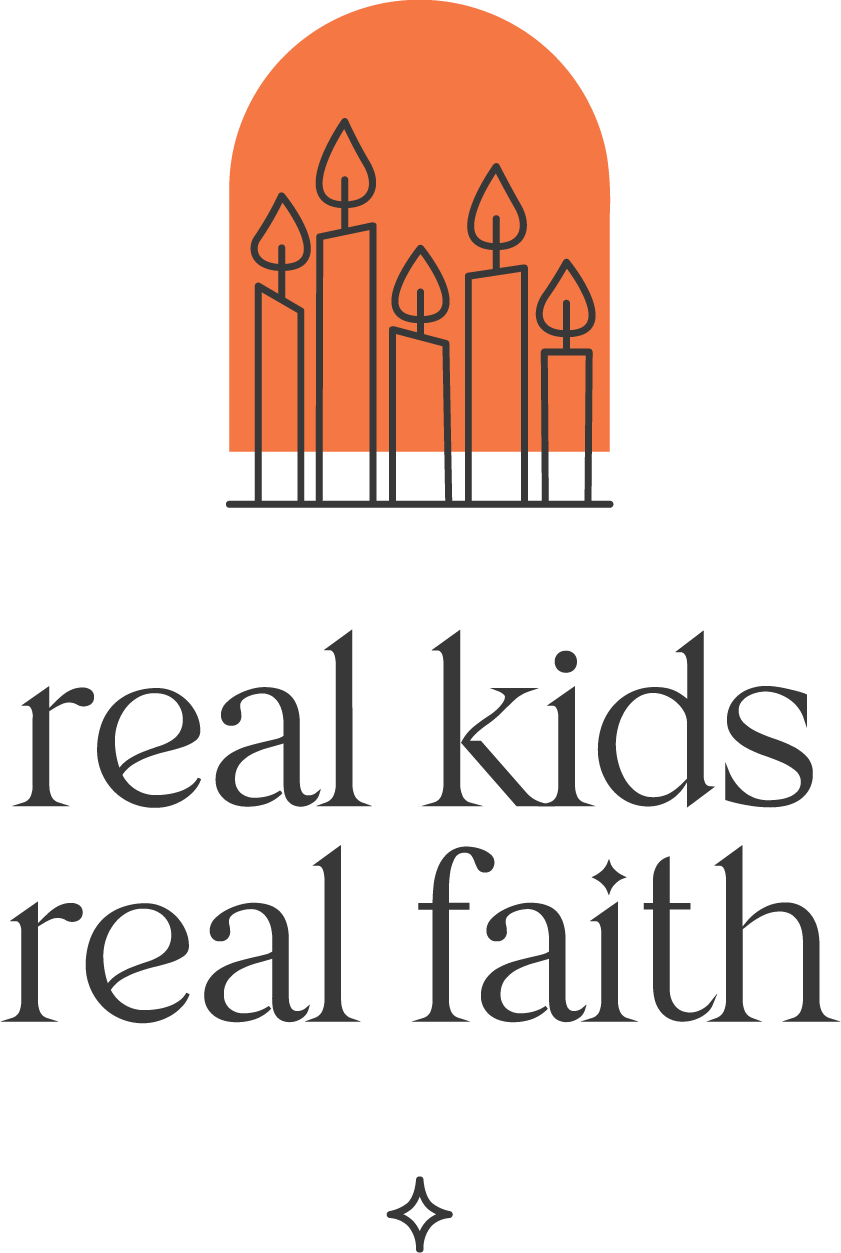The beginning of a new school year is marked with excitement and anxiety. It’s a transition point, which requires children and adults to adjust to new routines, manage new relationships, and imagine new possibilities. It can be spiritually, as well as physically and emotionally, challenging.
Prompting kids to activate their social-emotional learning (SEL) skills is one way we can help them navigate this and other transitions. SEL-oriented activities remind children that they have choices about how they see and move through the world. They also provide concrete strategies kids can use when they feel frustrated, uncertain, or overwhelmed by change.
Self-calming is one such strategy. Guiding children in a short mindfulness activity each time we gather communicates that we want kids to feel at peace. We might use a simple technique like breathing in through the nose and out through the mouth slowly three or four times before diving into a lesson. Or we could suggest that children scan their bodies to identify places that feel tense or uncomfortable and then imagine the tension and pain dissolving away. Stretching exercises can also help kids tense and release muscles as part of a calming routine.
Encouraging children to use flexible thinking is another strategy. Sometimes kids (and adults) get locked into a particular way of thinking that feeds their anxiety. They become convinced they are ‘stupid’ or unlikeable or bad at something. Asking them to imagine what else might be true or what other possibilities exist for interpreting a situation can break the spell. The key here is to use the words ‘else’ and ‘other’ to extend their thinking, rather than insisting that their thoughts are wrong and must simply be discarded.
Asking open-ended questions is a similar SEL-activating strategy. With young children, this can be as simple as offering multiple choices (e.g., “Do you think [name] didn’t want to play with you because she was tired, needed alone time, or wanted to hang out with another friend?”). With older children, ask them to imagine how others might see a situation (e.g., “How do you think [dad, your best friend, a newcomer] might see this?”).
Setting personal goals can also remind children of their SEL agency. Invite them to identify character traits or friendship practices that they want to develop. Brainstorm some simple steps they can take to cultivate those traits or practices and then acknowledge their efforts as well as their progress. For example, a child who wants to practice letting others go first might use a breathing exercise to calm themselves while waiting for their turn. When they are unable to complete the exercise before jumping in, you might say, “I saw you working on your waiting. Perhaps next time you could try taking four deep breaths before you go.”
Self-reflection is perhaps the umbrella SEL skill children need to cultivate. Encouraging children to pay careful attention to what they are thinking and feeling opens the door to self-awareness. Ask questions such as “What were you thinking while you were listening to the story?” “How did you feel when there wasn’t room for you at the table?” “How have your ideas about friendship changed since last year?” Model self-reflection by sharing your own thoughts and feelings as well.

Comments